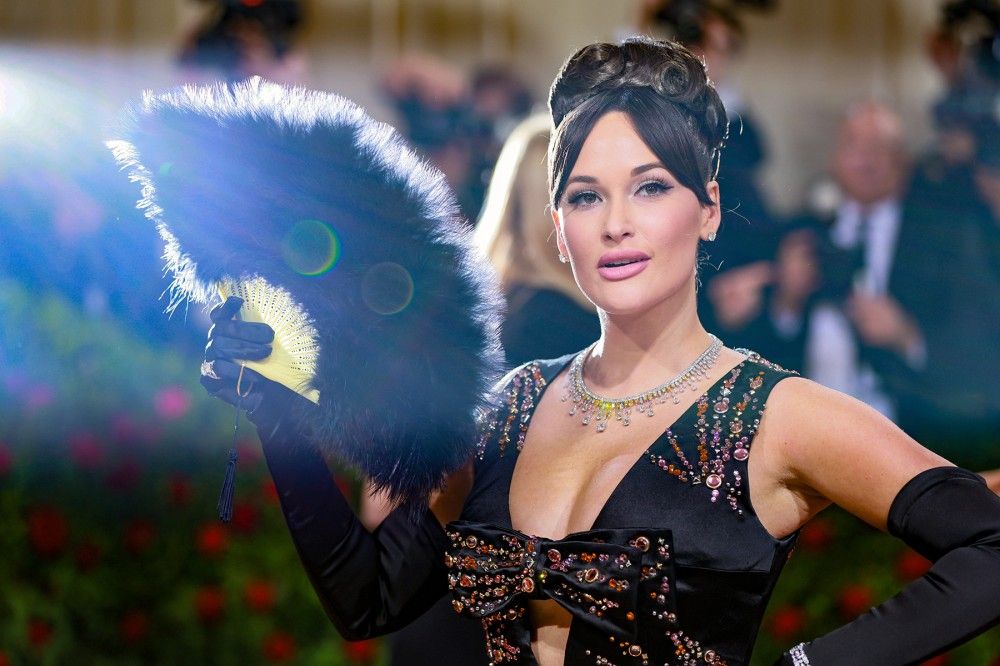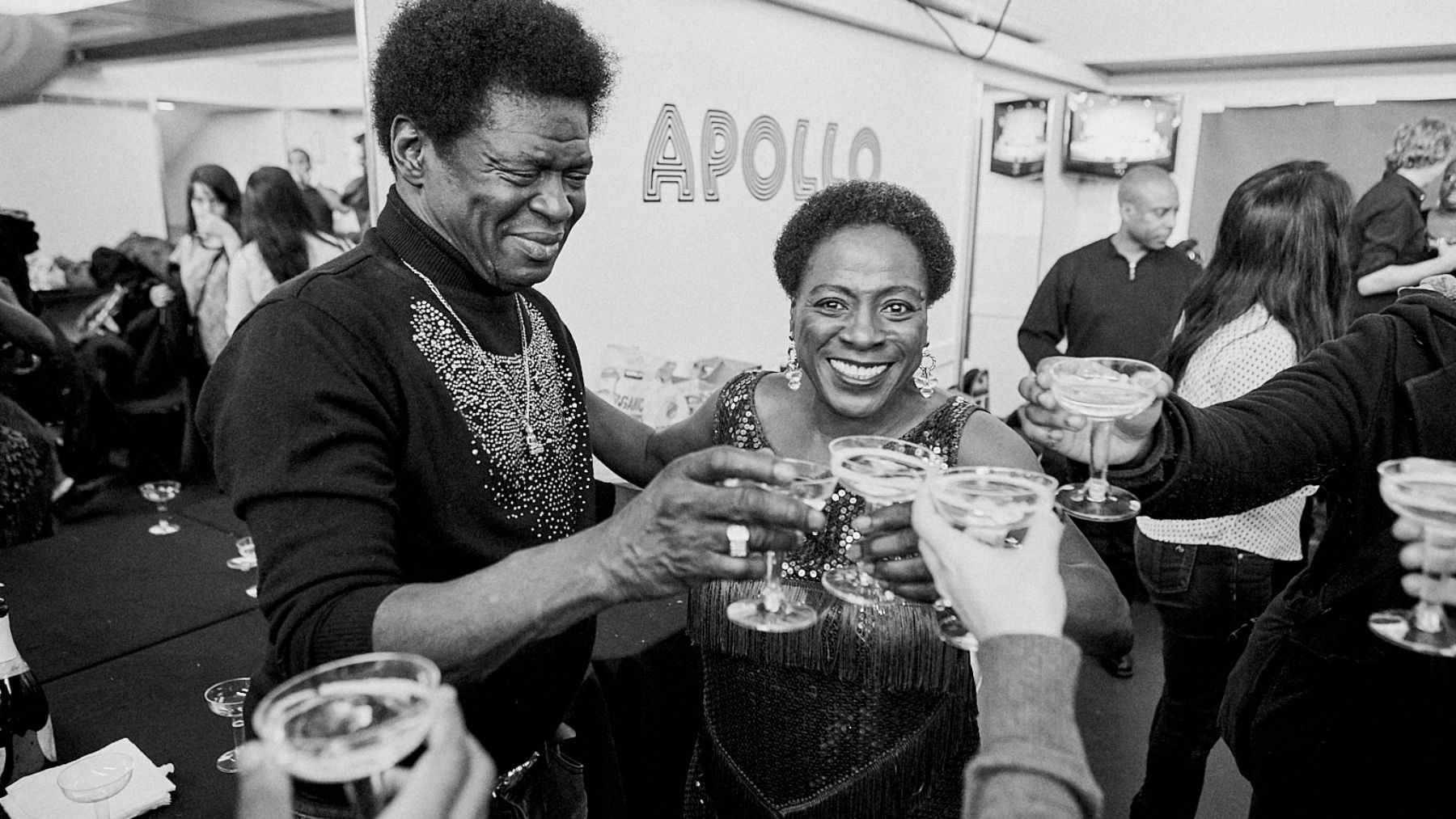
Kacey Musgraves Transforms Elvis’ ‘Can’t Help Falling in Love’ Into a Tear-Jerker
Kacey Musgraves is our “Velvet Elvis.” After being featured in one of the film’s trailers, Musgraves’ rendition of Elvis Presley’s classic “Can’t Help Falling in Love” is finally here. The track arrives ahead of the release of Baz Luhrmann’s Elvis biopic this weekend.
On Wednesday, the country-pop songstress dropped the cover, which pares back the swooning original with a simple arrangement of piano and airy vocals. The music video features clips of the film, including a scene where Austin Butler’s Elvis says goodbye to his daughter Lisa Marie while boarding a plane. It also shares a glimpse of the love (and fight) scenes between Priscilla Presley and Elvis in the movie.
Last week, Musgraves retweeted a video of Musgraves as a child opening a present that had an Elvis Presley perfume inside of it with a huge smile on her face. “tell us your [sic] an Elvis fan without telling us your [sic] an Elvis fan,” the tweet read.
tell us your an Elvis fan without telling us your an Elvis fan @KaceyMusgraves pic.twitter.com/QF5r33hctj
— tracey (@kaceymthreads) June 18, 2022
Back in May, Musgraves confirmed that she would be covering the song after Luhrmann told Variety that “she has a song in the movie — something to do with love.”
The new single follows the releases of several reimagined Presley classics, such as Doja Cat’s “Vegas” which taps into the original Blues roots of “Hound Dog” and Eminem’s “King and I,” which interpolates “Jailhouse Rock.”
The new Elvis film is set to have a star-studded soundtrack, including original songs and recordings by the likes of Swae Lee, Denzel Curry, Jack White, Diplo, Tame Impala, and Måneskin.
Speaking ahead of the debut of the film’s trailer in February, Luhrmann told press that the biopic was a “canvas” to explore the nature of U.S. society at the time of Elvis’ rise.
“In this modern era, the life of Elvis Presley could not be a better canvas on which to explore America in the Fifties, Sixties, Seventies,” he said. “It was 42 years, but that’s three great lives put into one. What’s extraordinary about it is that life is culturally at the center of the Fifties, socially the Sixties, and actually the Seventies.”




